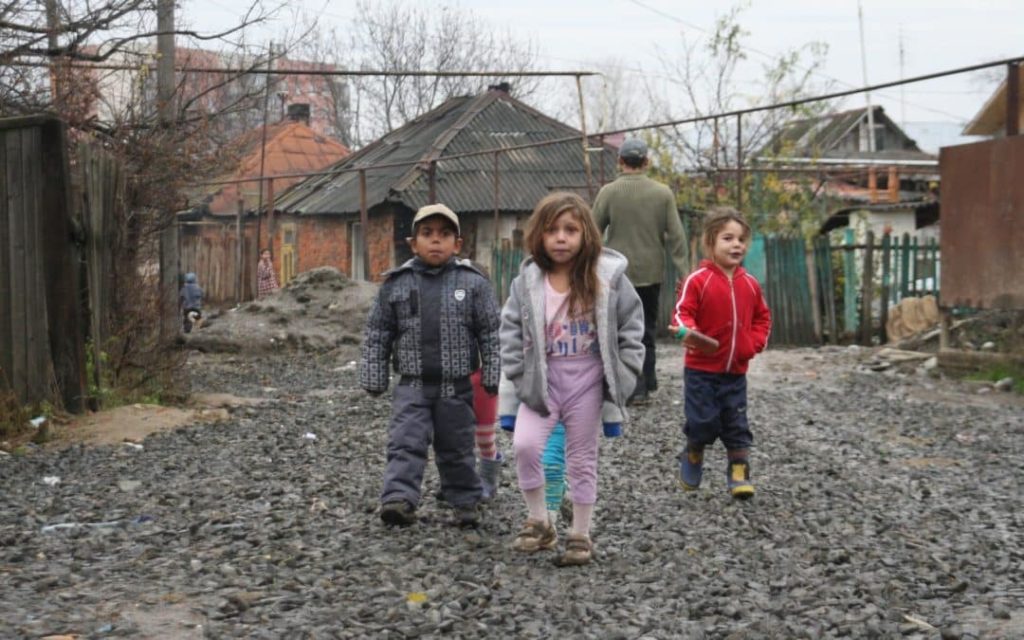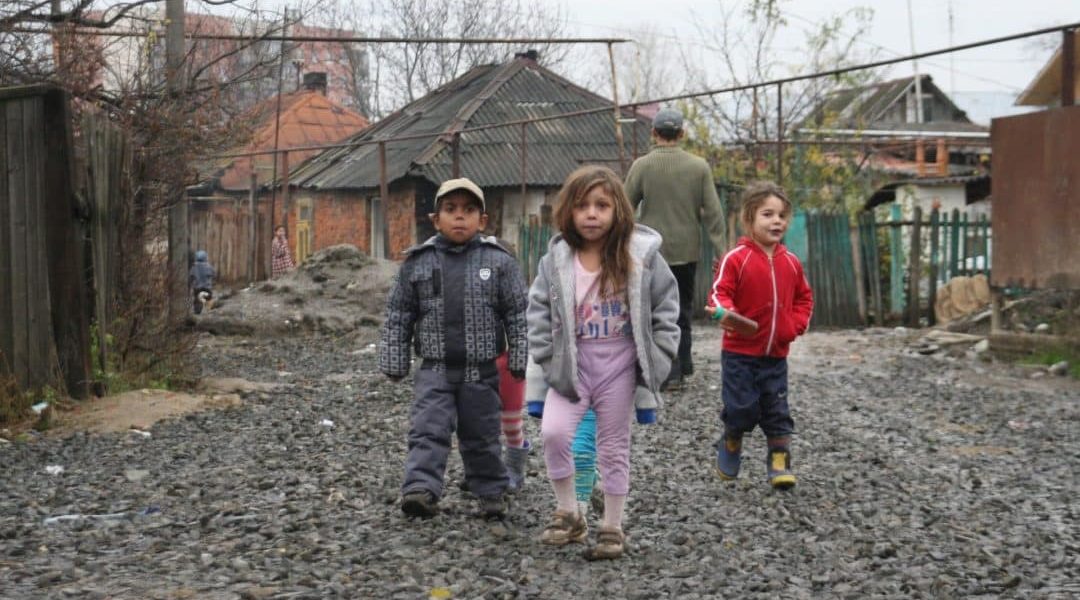
Greece in comparison to its European counterparts has weathered the coronavirus pandemic well, so-much-so that it is receiving praise for its efforts. Despite these efforts, unfortunately 93 have died and there are 2,011 cases.
During a daily briefing yesterday, Deputy Civil Protection Minister Nikos Hardalias told journalists that a Roma settlement located near the city of Larissa in Greece's central Thessaly region, has been placed on lockdown, after 20 people tested positive for coronavirus, as reported by Greek City Times.
In a call for Roma people to adhere to lockdown laws in Greece and follow the recommendations of the state, the president of the Thessalian Federation of Roma found a shocking way to express it.
In a statement on a local TV station, he not only asked for support from the state, but urged his fellow Roma people "to not go out, make plans to steal or beg to bring money to feed the family."
There are 110,000 Roma living in 371 communities in Greece according to government data, however it is estimated that the truer number is closer to 300,000. The discrepancy is because the 110,000 are urban dwellers who have registered with the state, while the remainder continue to live in tents and do not register themselves or their children's births.
An academic study found that only 34% of Roma were employed, 6% had completed secondary education and 83% had never been to school in Greece. These shocking figures exist despite efforts by the Greek state to integrate the Roma into society so they can have greater access to education, healthcare and housing.
However, the unregistered Roma choose to live their traditional lifestyle outside of the state. The lack of education and employment has meant that the Roma are disproportionately perpetrators of crime.
According to an 2019 Pew Research Poll, 72% of Greeks have unfavourable views of the Roma as the Roma have a stereotype to steal, beg and run scams in the tourist areas of Athens. None-the-less, to hear the leader of the Roma people in Thessaly describe this stereotype is certainly not expected.

